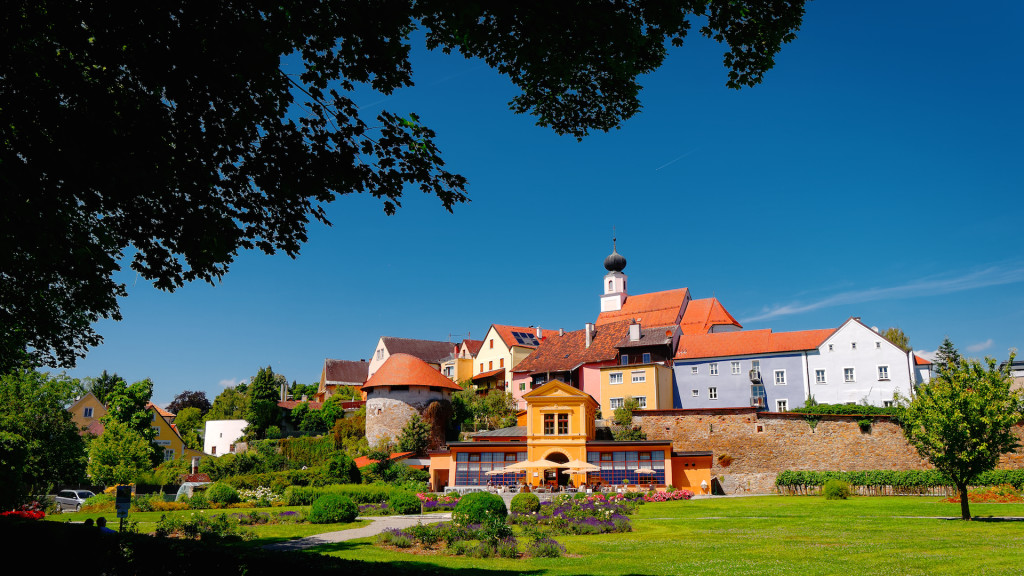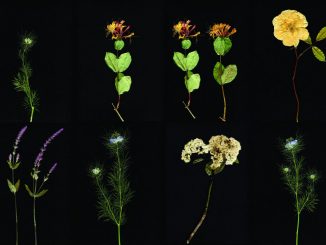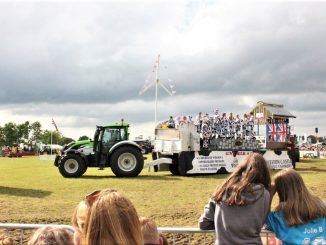
This November sees the European Rural Parliament (ERP) 2015 gathering, to be held in the beautiful small town of Schärding in Upper Austria. This three-day event, with one day of study tours in regions surrounding the venue, followed by two days of workshops and plenary sessions.
The aim of the European Rural Parliament is
- To strengthen the voice of the rural communities of Europe, and to ensure that the interests and well-being of these communities are strongly reflected in national and European policies
- To promote self-help, common understanding, solidarity, exchange of good practice and cooperation among rural communities throughout Europe.
This event will culminate in the adoption of a European Rural Manifesto and supporting Report, aimed at both rural communities and governments throughout Europe and at European Institutions.
Over 300 people from 40 countries will attend, plus other leading rural organisations and invited representatives of the European Commission, the European Parliament, and Council of Europe.
The European Rural Manifesto, and supporting report, will be published and used to influence European institutions and national and regional governments in their attitudes to, and policies for, rural communities. European Rural Community Alliance (ERCA) Partnership for Rural Europe PREPARE and European LEADER Association for Rural Development ELARD will use the outputs of ERP 2015 in their subsequent networking, advocacy and other activities.
ERCA, PREPARE and ELARD have seats in the Civil Dialogue Group which advises the European Commission on its policies for agriculture and rural development, and on the Rural Networks Assembly which guides the work of the European Network for Rural Development
National champions will be enabled to use this material in their own creative activity on behalf of rural communities.
The concept of a European Rural Parliament builds on a tradition of national rural parliaments, developed first in Sweden and now found in a growing number of European countries.
The first European Rural Parliament was held in Brussels in November 2013 on the joint initiative of **European Rural Alliance (ERA),**European Rural Community Association (ERCA) and PREPARE Partnership for Rural Europe. It was organised by the Nordic group of national rural movements, led by Hela Sverige ska Leva (the Swedish rural movement, which first pioneered the idea of national rural parliaments). 150 people from 30 countries took part in the event. They agreed that the initiative should continue, in order to strengthen the voice of rural Europe.
**Since then, ERA and ERCA have merged to form the European Rural Community Alliance ERCA).
For more on the European Rural Parliament visit their website






4 Trackbacks / Pingbacks
Comments are closed.